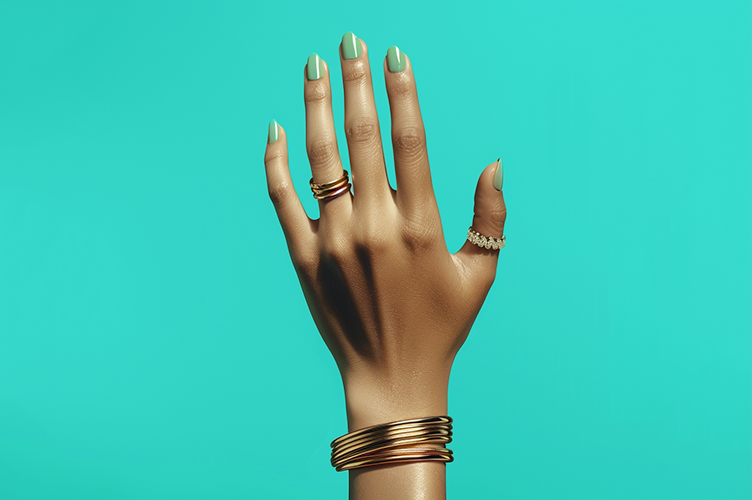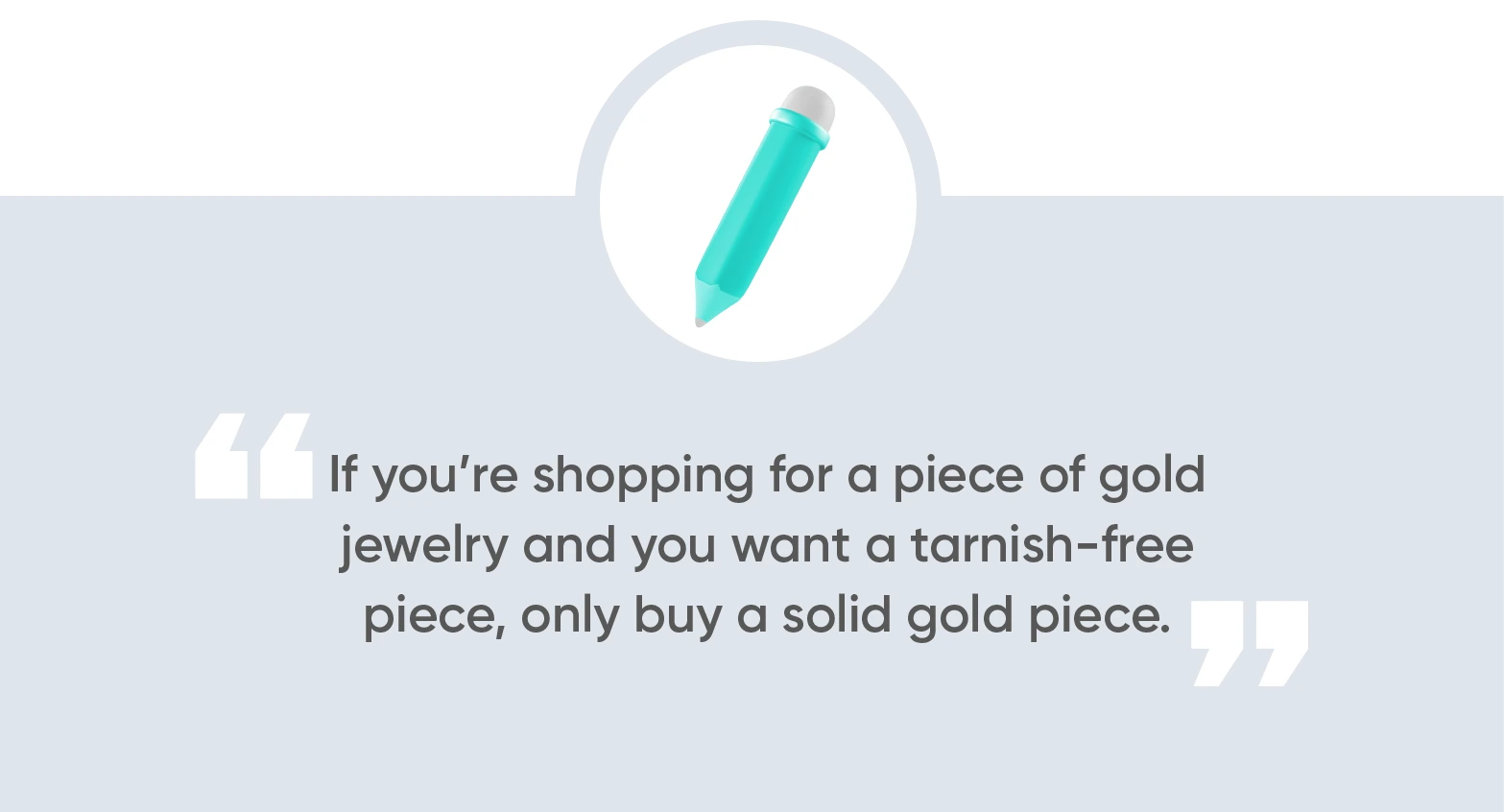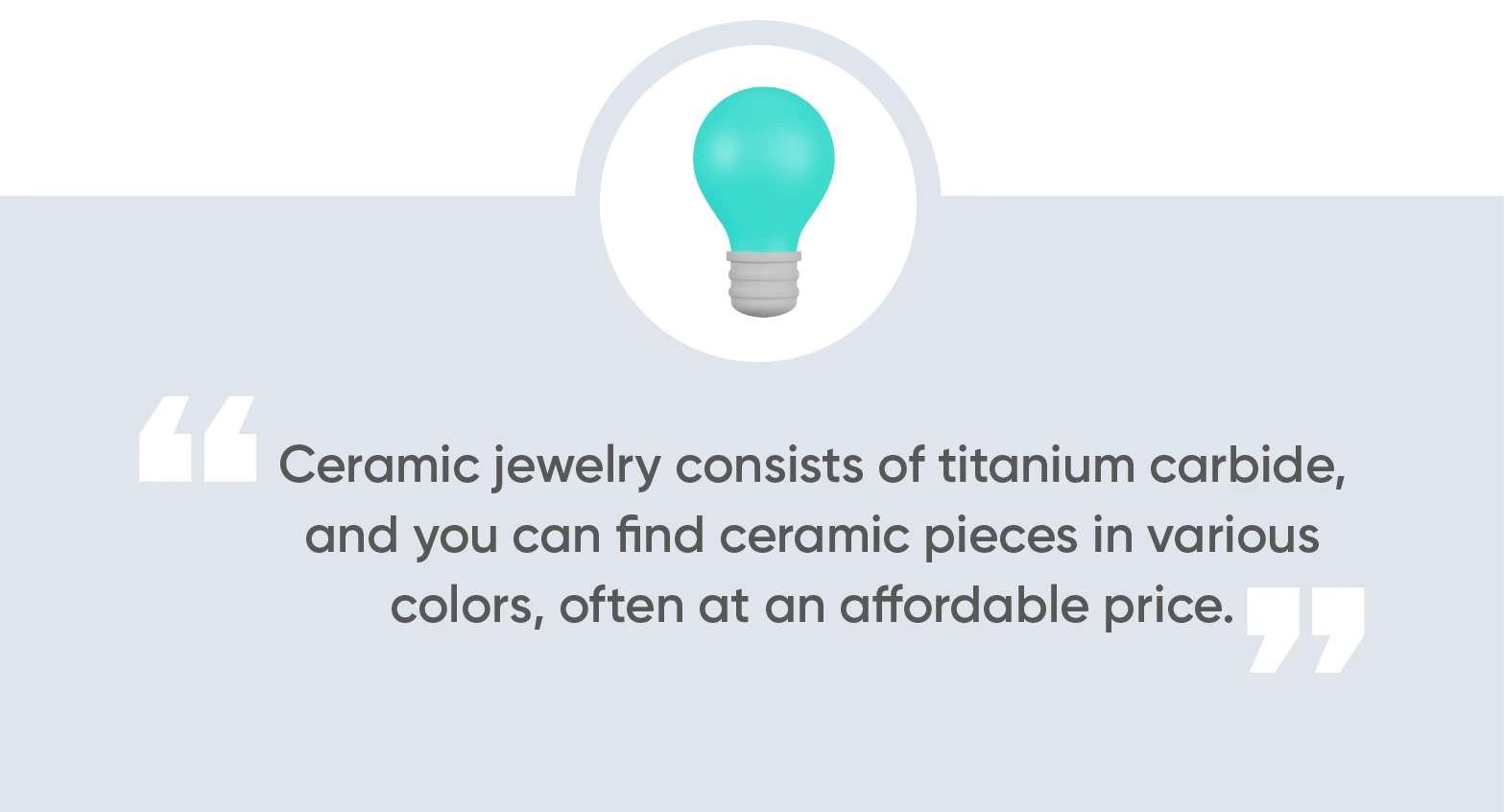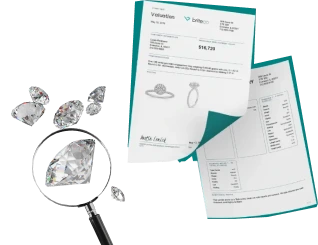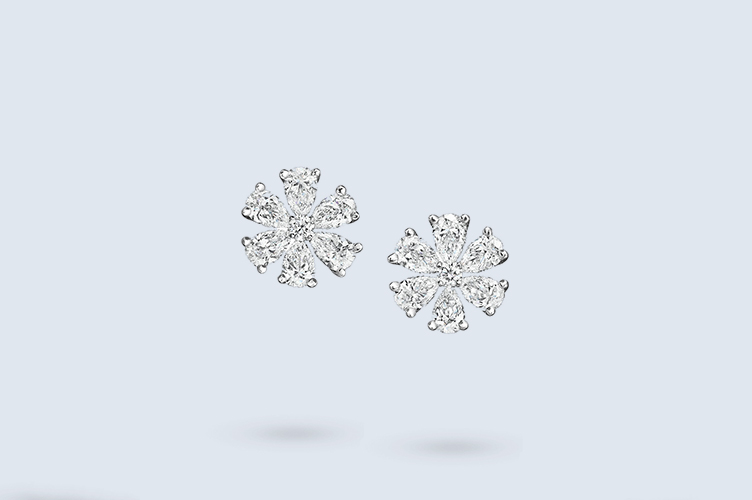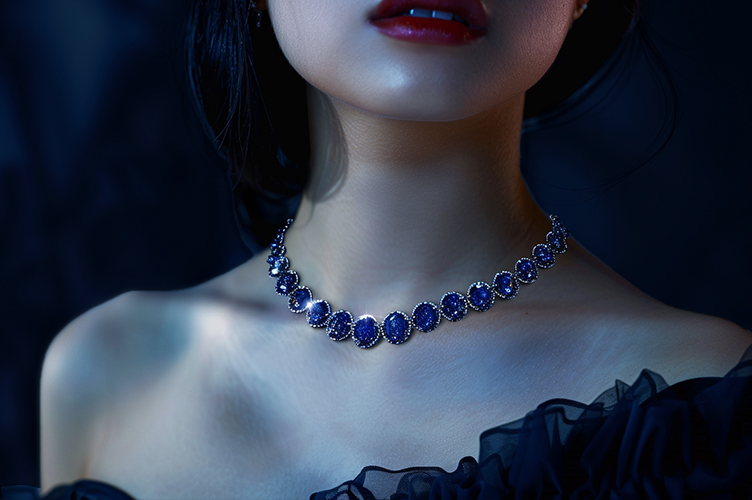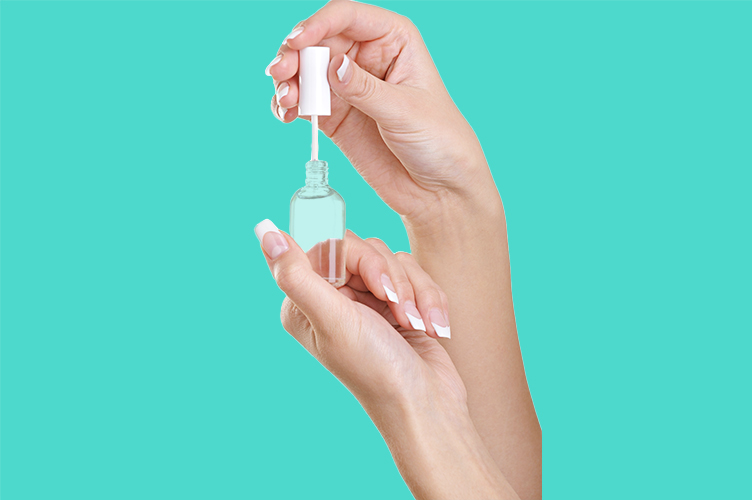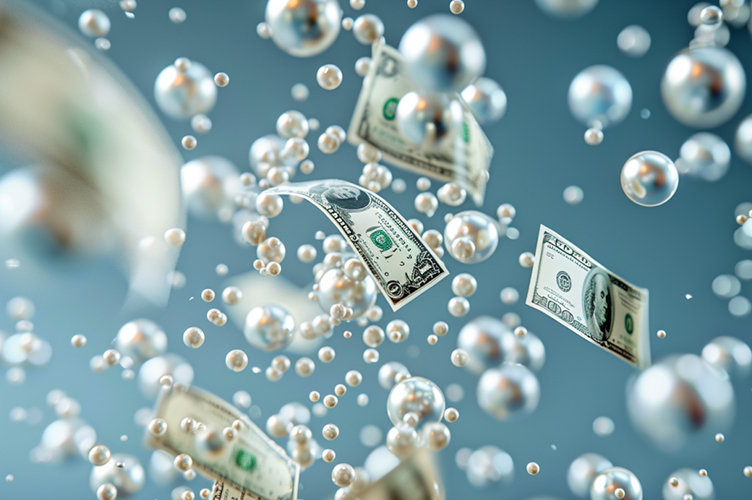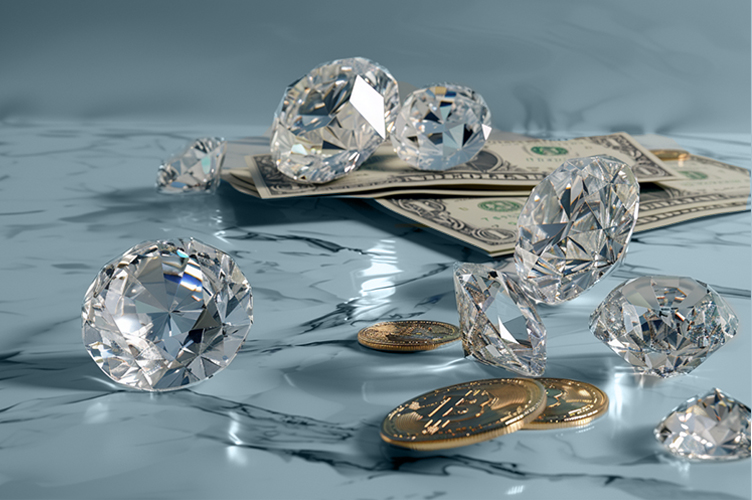The Best Options for Worry-Free Jewelry
Suppose you wear your jewelry a lot, or you may even have a piece of permanent jewelry. In that case, you may have dealt with annoying issues while keeping your jewelry clean and in good condition. One of the most common annoyances? Tarnishing.
When jewelry tarnishes, it turns a dark color. It can leave behind a similar darkish hue on your skin whenever you wear it. Tarnished jewelry isn’t just unsightly; the tarnished metal can also cause skin irritation or allergic reactions.
While you can prevent tarnishing through proper care and cleaning, giving your jewelry proper care is easier said than done. Sometimes, you just don’t have time, especially if you have an extensive jewelry collection.
Luckily, non tarnish jewelry does exist. You can wear tarnish free jewelry without worry when you pick the right types of jewelry made from non tarnishing metals.
What You Will Learn
Why Does Jewelry Tarnish?
Why does some jewelry tarnish in the first place? It all comes down to science and how metals react.
Tarnishing occurs due to chemical reactions. When a metal comes into contact with certain environmental elements — think water, sweat, chemicals, and, in some cases, even the air — a chemical reaction occurs, and the metal changes color. These chemical processes are sometimes called oxidation, and, at least where tarnishing is concerned, a metal’s oxide is the new chemical compound that results from that tarnishing process.
What Metals Tarnish?
While there are plenty of jewelry metals that don’t tarnish, there are also metals and jewelry pieces guaranteed to tarnish under the right conditions. These include:
- Silver jewelry (including sterling silver)
- Copper alloy jewelry
- Nickel jewelry
While pure silver will not tarnish, you won’t find a piece of jewelry made from pure silver. The metal is far too soft to be used for jewelry making. Because of this, all silver is mixed with other metals to form jewelry, and those mixtures often include metals that will tarnish. As such, sterling silver and silver plated jewelry will begin to tarnish when exposed to the right environment.
Silver tarnishes due to exposure to gasses in the air. Copper tarnishes when water, dust, bodily fluids, and chemicals are exposed. Moisture, even moisture in the air, can likewise cause nickel to tarnish.
Which Jewelry Does Not Tarnish?

- Stainless Steel Jewelry
You might think of stainless steel only in connection to kitchen appliances. Still, this metal is one of the few tarnish free jewelry options out there. (While stainless steel may be able to tarnish eventually, the extreme conditions required for this to occur mean that you’ll never need to worry about it or deal with it.)
You can find stainless steel engagement rings, wedding bands, and other versatile jewelry.
- Platinum Jewelry
Platinum is more well-known than stainless steel, at least in jewelry making. Platinum is strong, sophisticated, used in fine jewelry, and even hypoallergenic.
- Gold Jewelry
Gold jewelry will not tarnish, but this statement comes with a caveat. It only applies to solid gold jewelry. Solid gold pieces that measure in at 18 carats will be tarnish-free. However, anything lower than that is at risk for tarnishing because the pure gold has been mixed with other metals, and often, these other metals are at risk for tarnishing.
This metal mixture can mean that white gold, gold filled, gold vermeil, rose gold, and gold plated pieces are also at risk for tarnishing. Jewelry making methods such as gold plating and gold vermeil use solid gold but add other metals, which can lead to tarnishing.
If you’re shopping for a piece of gold jewelry and you want a tarnish-free piece, only buy a solid gold piece.
- Palladium Jewelry
Like platinum, palladium is strong and hypoallergenic. It boasts a rhodium plating appearance without needing any actual rhodium plating or subsequent upkeep.
- Tungsten Carbide Jewelry
Tungsten carbide is growing in popularity. This jewelry metal won’t tarnish or scratch and is often preferred by those who want to wear certain jewelry pieces, like a wedding band, but who work in environments wherein other metals might sustain damage.
- Ceramic Jewelry
Similarly, ceramic jewelry is one of the few jewelry metals that won’t crack, tarnish, break, stretch, or sustain damage in many other ways. Ceramic jewelry consists of titanium carbide, and you can find ceramic pieces in various colors, often at an affordable price.
What to Do with Jewelry That’s Already Tarnished
Whether or not a piece of jewelry will tarnish says nothing about whether the piece is higher or lower quality jewelry. As any jewelry lover will tell you, the jewelry world is filled with various precious metals and gemstones that are highly prized but also very easy to damage or challenging to keep clean and look their best.
So, what do you do if you have a beloved piece of jewelry that’s already tarnished? It won’t do you much good to ask, “What jewelry will not tarnish?” if you already have a tarnished piece.
First, to remove tarnish from your jewelry, confirm what the jewelry’s material is. If, for example, it’s made from a metal that doesn’t tarnish, you may have different damage on your hands, not tarnishing.
Once you’re sure the jewelry consists of metal that does tarnish, consider the piece’s value. Suppose it’s more valuable than a piece of costume jewelry. In that case, you may consult a professional regarding the best way to clean the jewelry. You don’t want to risk ruining a beloved piece.
If you’re willing to try a few gentle cleaning methods (luckily, a soft jewelry cloth, water, and household items like mild dish soap or toothpaste can remove some tarnish), we have you covered. Check out our guides on:
Jewelry Material That Doesn’t Tarnish FAQs
What Metal Won’t Tarnish Over Time?
There are myriad metals that don’t tarnish over time. Pure gold, stainless steel, and palladium are just a few.
What Jewelry Doesn’t Tarnish?
All jewelry can tarnish if made with metals that tarnish easily. Metals that tarnish easily include silver, copper, and nickel.
What Necklace Material Won’t Tarnish?
If you want a necklace that won’t tarnish, opt for a necklace made from 18k gold.
What Metal Does Not Tarnish Easily?
While stainless steel technically can tarnish, it certainly can’t tarnish easily. You can rest assured that this metal will remain pristine under most circumstances.
Keep Your Jewelry Safe from More Than Just Tarnishing
If keeping your jewelry safe and in perfect condition is a high priority, don’t let that same protected jewelry fall prey to accidental damage, theft, loss, or other threats. BriteCo’s comprehensive coverage options can help.
Also Check:
What to Do with Old Jewelry: 4 Creative DIY Ideas
Is Jewelry a Good Investment? | BriteCo Jewelry Insurance

